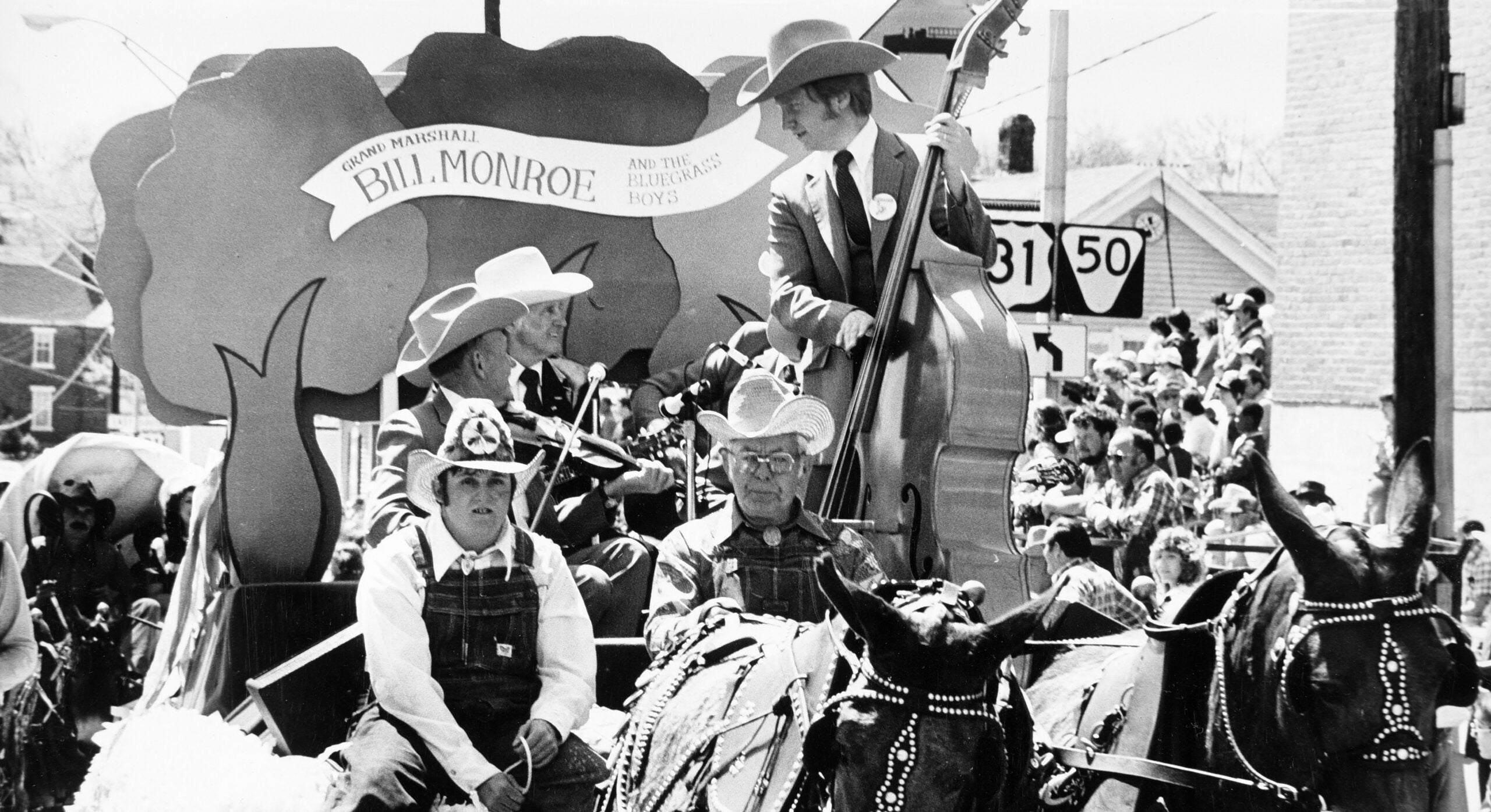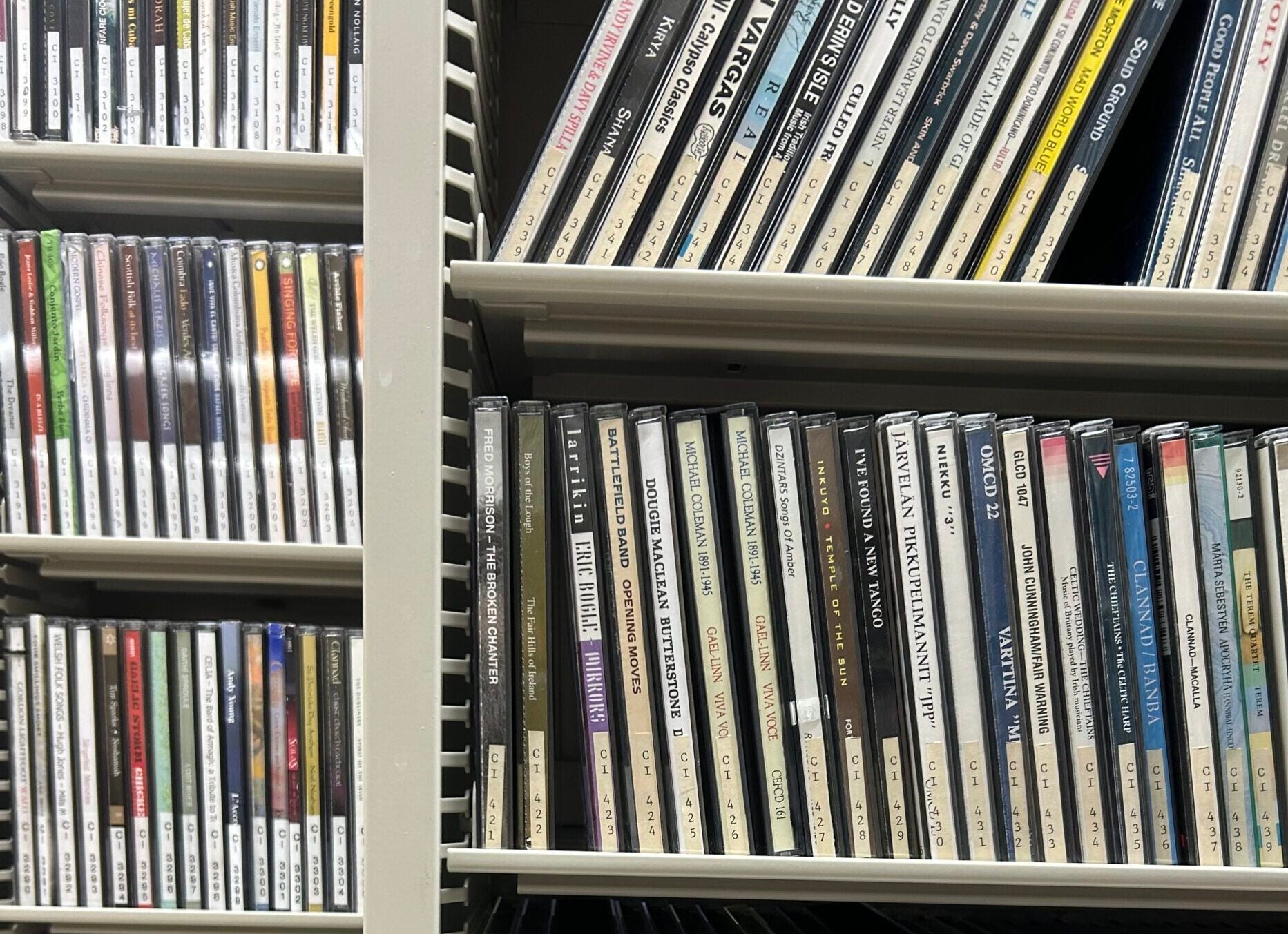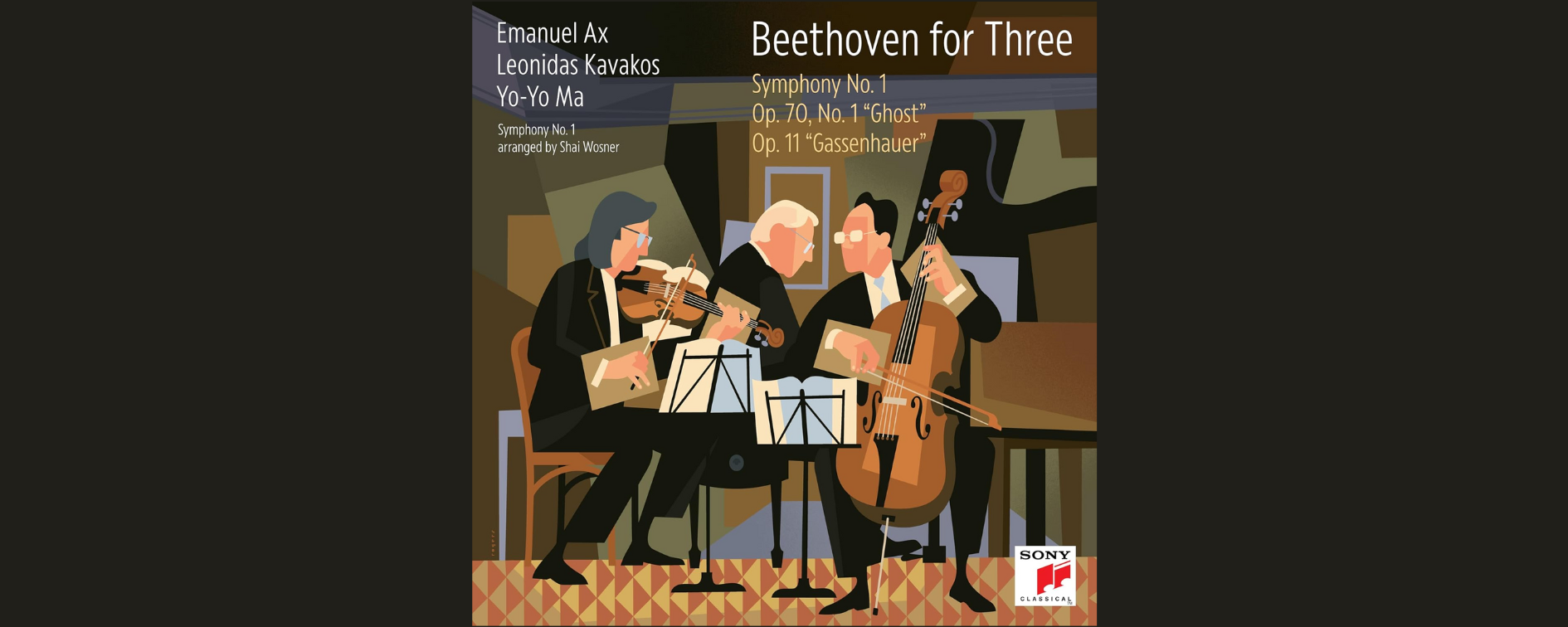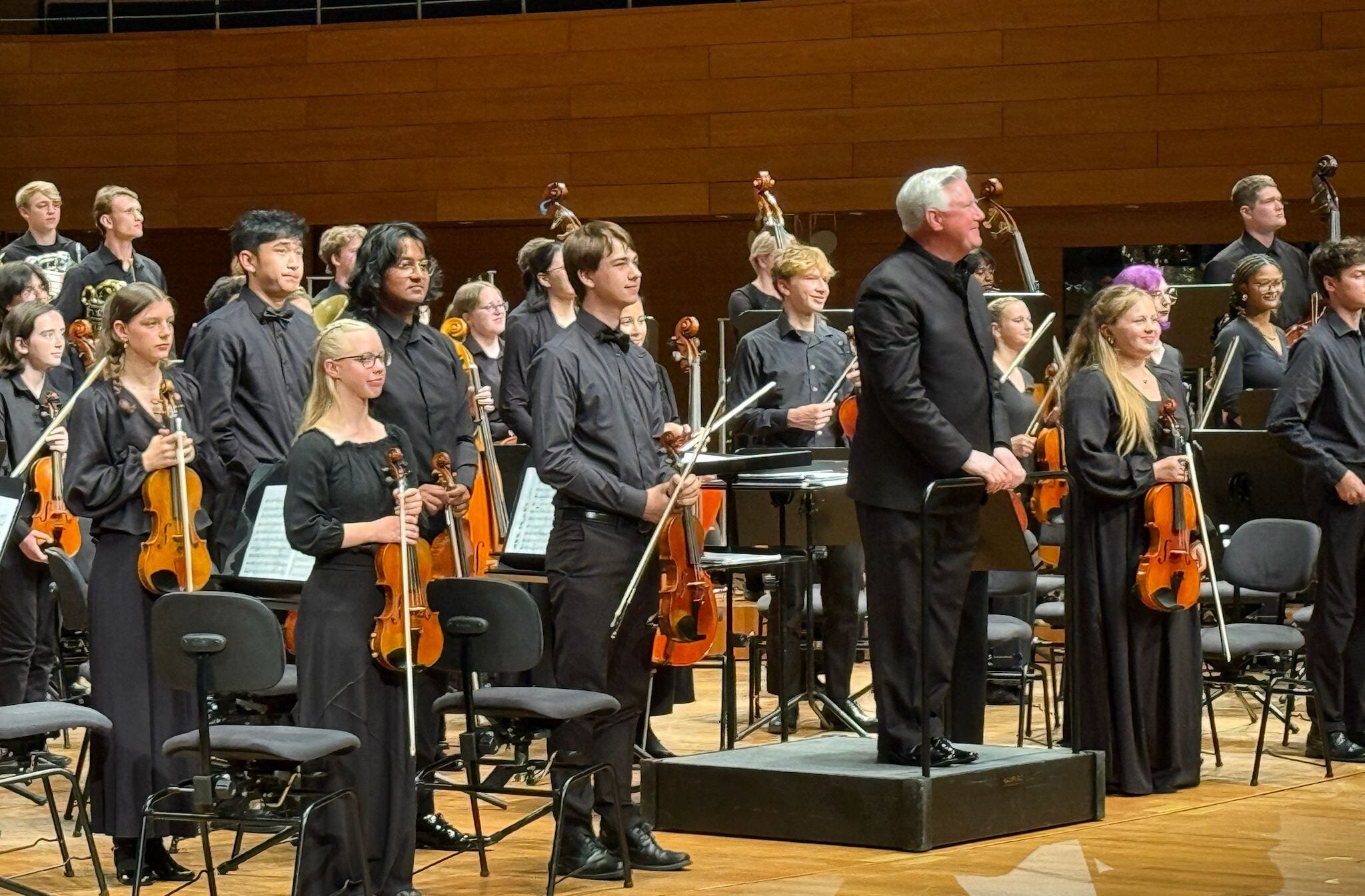In the spring of 1799, Domenico Dragonetti was on his way back to London after visiting his hometown, Venice. He stopped in Vienna, where he went to meet Beethoven.
A mutual friend wrote a note to Dragonetti, saying, “tomorrow morning at eight o’clock precisely, go to Prince Lichnowsky’s. You will breakfast at his house, and he will take you to Beethoven’s himself to get him to fulfill your wishes…and be sure that I’ll be praying for you as I wait. I’m counting on seeing you after tomorrow morning to find out the result.”
News with a little more humanity
WPR’s “Wisconsin Today” newsletter keeps you connected to the state you love without feeling overwhelmed. No paywall. No agenda. No corporate filter.
Many years later, Dragonetti described his encounter with the twenty-eight-year-old Beethoven. Having heard that Dragonetti could play virtuoso cello music on the double bass, Beethoven indicated that he’d like to hear a sonata. Dragonetti sent for his bass and Beethoven selected his Cello Sonata in G minor, Opus 2, No. 5. As Beethoven played the piano part, he watched Dragonetti closely, and in the finale of the sonata, where arpeggios come in, Beethoven was so pleased with Dragonetti’s performance that he jumped up and threw his arms around both Dragonetti and his bass.
In 1813, when he rounded up the best musicians for a performance of his battle piece Wellington’s Victory, Beethoven chose Dragonetti as his bassist.
But how influential was Dragonetti when it came to Beethoven’s subsequent writing? Bassists of the time were convinced that in 1824, when Beethoven wrote the prominent bass recitative in his Ninth Symphony, he had Dragonetti in mind, although he, apparently, was hoping that the whole bass section would play the difficult passage.
According to one account, Dragonetti didn’t play in the London debut of the symphony because he wanted too much money, and claimed that Beethoven had written the entire symphony for him.
A tantalizing question turned up in the conversation books Beethoven used after he had become deaf: “Were you thinking of Dragonetti in the recitative of the D minor symphony?”
Unfortunately, Beethoven’s answer wasn’t written down.
Wisconsin Public Radio, © Copyright 2026, Board of Regents of the University of Wisconsin System and Wisconsin Educational Communications Board.



